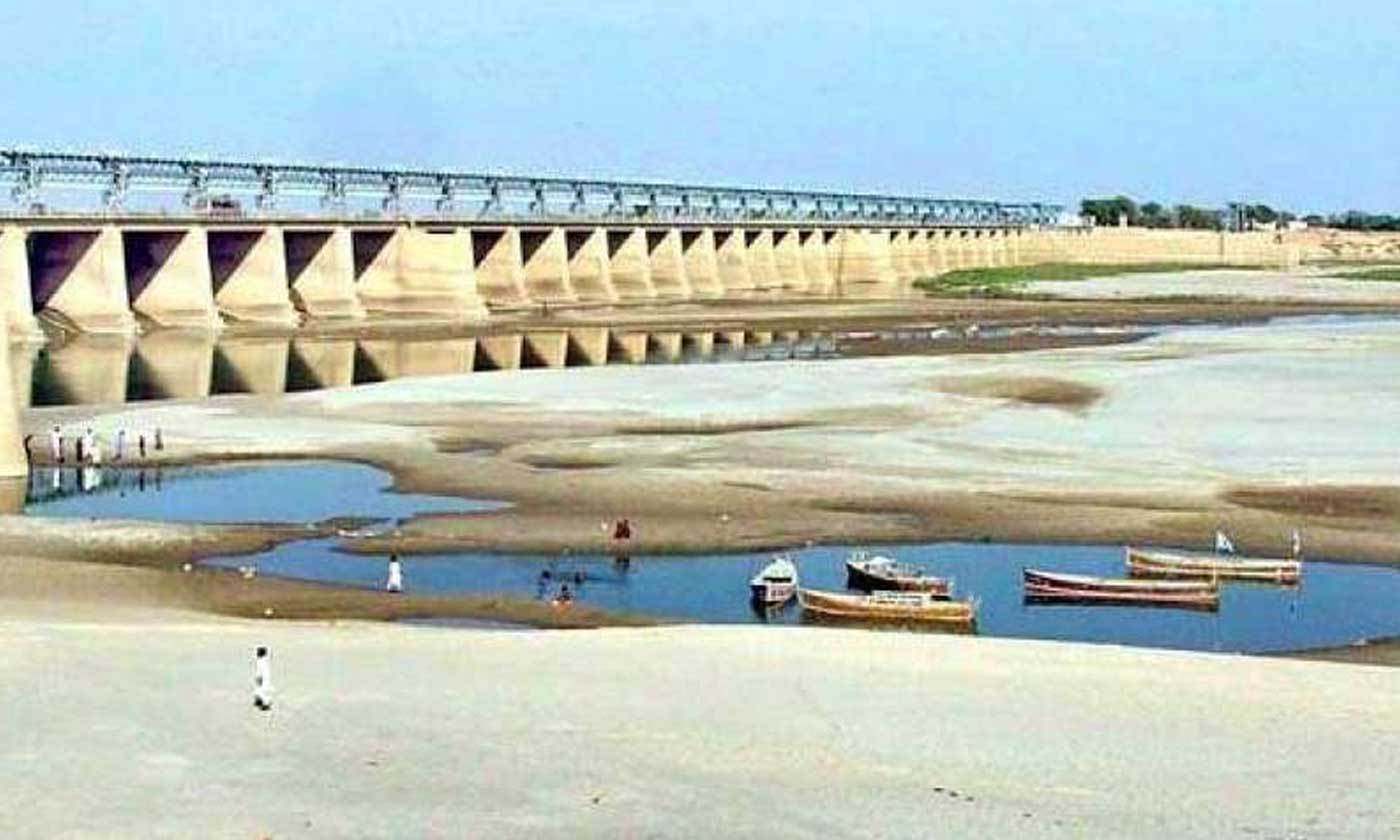NEW YORK, March 23: At the United Nations, Pakistan has called for full compliance of the 1960 Indus Waters Treaty between Islamabad and New Delhi.
Addressing an event in connection with World Water Day in New York, Pakistan’s Permanent Representative to the United Nations Munir Akram said full compliance of the Indus Waters Treaty is critical for Pakistan, as changes on the other side of the border have a direct impact on it.
“Many of our catchment areas and their ecosystems traverse boundaries,” the Pakistani envoy told a large gathering of diplomats and UN officials. “Changes on the other side of the border have a direct impact on us,” he said.
“Therefore,” Ambassador Akram said, “full compliance of 1960 Indus Waters Treaty is critical for Pakistan.” “These risks and vulnerabilities are not just academic issues,” he said, pointing to the widespread devastation caused by massive floods in 2010 and 2011, and drought in the province of Sindh in 2014.
“Besides the tragic human and material cost, these water-related threats also impede our ability to accomplish national priorities, promote sustainable growth and development, and ensure economic prosperity for our people.” Thanking Egypt and Finland for organizing the event, he said that water is inextricably linked to human life and livelihood and the planet’s eco-system, while underscoring that it is at the core of sustainable development and impacts all its three dimensions.
“Protection of water as a natural resource is a common thread in Sustainable Development Goals (SDGs),” the Pakistani envoy said, referring in particular to SDG6 Water, SDG13 climate, and SDGs14 and 15 environment.
With agriculture as the mainstay of its economy, Ambassador Akram said, Pakistan attaches great significance to sustainable water management. Beyond agriculture, water scarcity is already taking a toll on peoples’ life in Pakistan,” he said. “Besides the tragic human and material cost, these water-related threats also impede our ability to accomplish national priorities, promote sustainable growth and development, and ensure economic prosperity for our people.” – NNI
- Latest
- Trending




